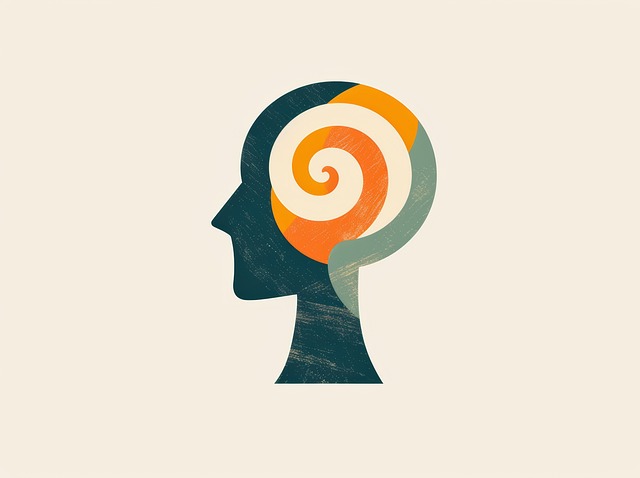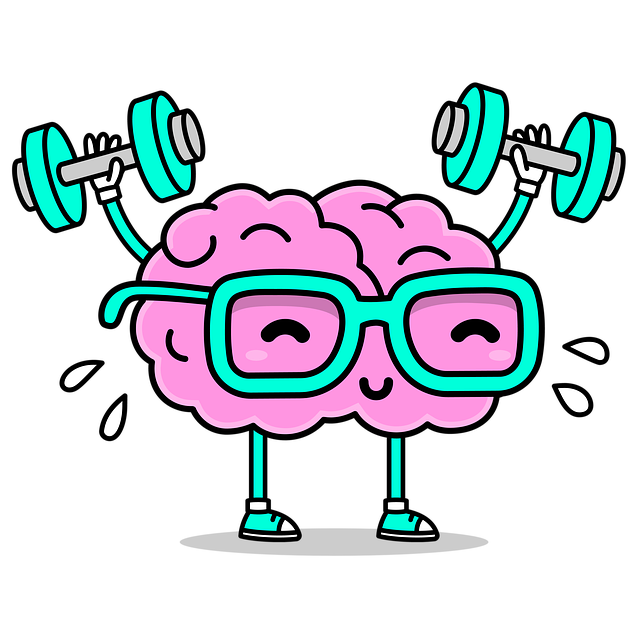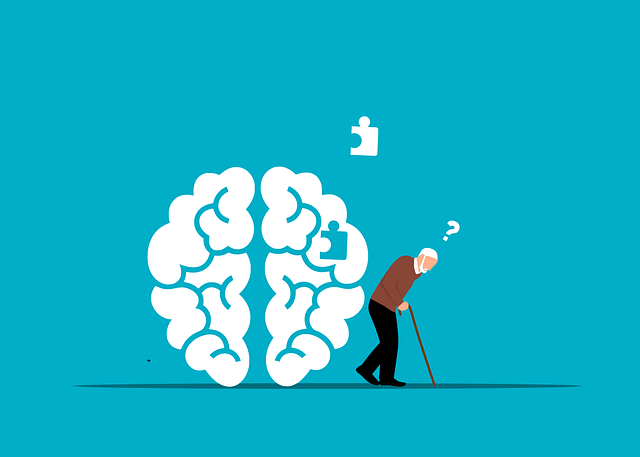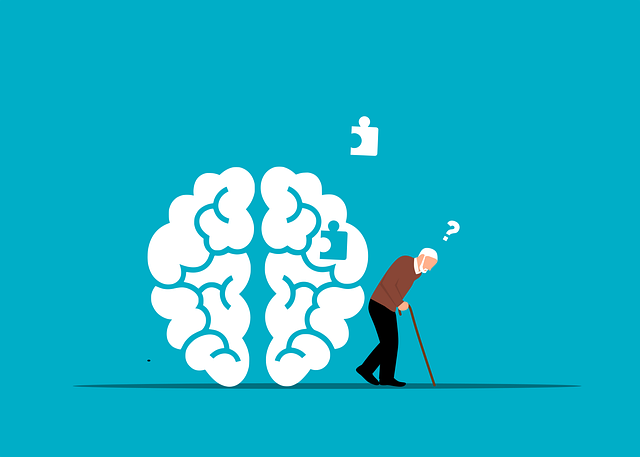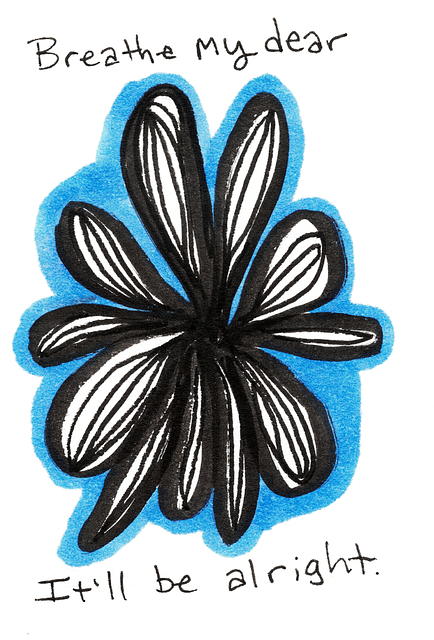The text highlights the overlooked mental health needs of the elderly, focusing on addressing child abuse survivors' unique challenges. It advocates for app development that creates safe spaces for emotional processing using tailored therapy, evidence-based practices, and engaging interfaces. By targeting specific issues like isolation, cognitive decline, and trauma, these apps can improve mood management, trauma support, and self-esteem for elders, especially those affected by child abuse. Privacy, safety, and ethical considerations are paramount, ensuring effective, accessible, and responsible digital mental health care solutions.
In today’s digital age, mental wellness apps offer promising solutions for addressing unique challenges faced by older adults. This article delves into crucial aspects of developing targeted applications, focusing on understanding the specific therapy needs of the elderly and mitigating the lasting impact of child abuse on long-term mental health. We explore evidence-based practices tailored to senior care and emphasize ethical considerations in app design, ensuring privacy and safety for vulnerable users. By integrating these elements, we aim to revolutionize therapy delivery through innovative digital tools.
- Understanding Elderly Mental Health and Therapy Needs
- The Impact of Child Abuse on Long-Term Mental Wellness
- App Development for Effective Therapy Delivery
- Incorporating Evidence-Based Practices in Elderly Mental Health Apps
- Ensuring Privacy, Safety, and Ethical Considerations in App Design
Understanding Elderly Mental Health and Therapy Needs

The mental health landscape for the elderly is unique, presenting specific challenges and needs that often go overlooked. As our population ages, it’s crucial to understand and address the particular therapy requirements of this demographic. Elderly individuals may face various issues such as isolation, cognitive decline, and the lasting impact of past traumas, including child abuse. These factors can significantly contribute to mental health disorders like depression, anxiety, and even PTSD.
Developing apps focused on mental wellness for seniors should prioritize creating safe, non-judgmental spaces for them to process these complex emotions. Therapy for Elders should be tailored to promote mood management, address trauma support services, and foster self-esteem improvement. By incorporating evidence-based practices and engaging interfaces, app developers can play a vital role in enhancing mental health care accessibility and quality of life for the aging population.
The Impact of Child Abuse on Long-Term Mental Wellness

Child abuse, whether physical, emotional, or psychological, can have profound and lasting effects on an individual’s mental wellness, especially when left untreated. Elders who have experienced abuse in their childhood often struggle with complex trauma, which can manifest as various mental health issues later in life. These include depression, anxiety disorders, post-traumatic stress disorder (PTSD), and even cognitive impairments. The impact extends beyond immediate emotional distress; it can disrupt an elder’s ability to form healthy relationships, maintain employment, and generally enjoy a fulfilling life.
Addressing the effects of child abuse on long-term mental wellness is crucial. Therapy for elders who have suffered abuse can be transformative. Through tailored communication strategies and empathy-building exercises, therapists help individuals process traumatic memories safely. This process facilitates the development of healthy coping mechanisms and boosts confidence in managing challenging situations. Moreover, therapy provides a space for elders to explore and challenge negative beliefs formed during abusive experiences, paving the way for improved mental wellness and a higher quality of life.
App Development for Effective Therapy Delivery

The development of mental wellness apps offers a promising avenue for delivering therapy and support to diverse populations, including elders and those who have experienced child abuse. These digital tools can provide accessible and personalized care, addressing specific needs and challenges within these communities. Well-designed apps can offer evidence-based interventions tailored to individual users, promoting self-care and emotional well-being.
For effective therapy delivery, app developers must consider cultural competency, especially when catering to diverse user groups. Incorporating features that cater to different cultural backgrounds and preferences ensures that the app is inclusive and relevant. Additionally, integrating social skills training and communication strategies can enhance interaction within the app, fostering a supportive environment for users to express themselves and build connections. This holistic approach leverages technology to bridge gaps in traditional therapy settings and empowers individuals with effective tools for managing their mental health.
Incorporating Evidence-Based Practices in Elderly Mental Health Apps

Incorporating evidence-based practices into mental health apps designed for the elderly is a strategic move to enhance their effectiveness. Many older adults face unique challenges, including isolation, cognitive decline, and experiences of child abuse, which can significantly impact their mental wellness. Apps that integrate evidence-based therapies tailored to these issues can provide accessible and engaging support. Cognitive Behavioral Therapy (CBT), for instance, has been proven effective in treating depression and anxiety, common mental health concerns among the elderly. By offering interactive tools that teach self-awareness exercises and coping strategies, apps can empower users to manage their symptoms.
Additionally, incorporating features inspired by successful programs like Mental Wellness Coaching and Stress Management Workshops can enrich app content. These could include guided meditation sessions, mindfulness practices, or even virtual support groups facilitating peer-to-peer connections. Such personalized and interactive elements have the potential to revolutionize mental health care for seniors, making it more accessible and tailored to their diverse needs, especially in addressing historical traumas like child abuse that may require specialized approaches.
Ensuring Privacy, Safety, and Ethical Considerations in App Design

In developing mental wellness apps, especially those catering to vulnerable populations like the elderly or individuals healing from child abuse, prioritizing privacy, safety, and ethical considerations is paramount. Users must be guaranteed that their personal data and therapy sessions are secure and confidential. This involves employing robust encryption protocols, anonymizing user information where possible, and adhering to strict data protection regulations, such as GDPR or HIPAA.
App designers should also consider the potential for unintended consequences. Features like self-care practices and mindfulness meditation can be powerful tools for anxiety relief, but they must be implemented responsibly. Ethical guidelines should be in place to prevent the app from misdiagnosing or exacerbating mental health issues. Regular user feedback mechanisms can help identify problems early on, ensuring continuous improvement and a safe, supportive digital therapy experience tailored to users’ needs.
Mental wellness app development plays a pivotal role in addressing critical issues such as understanding elderly mental health, mitigating the impact of child abuse, and delivering effective therapy. By incorporating evidence-based practices and prioritizing privacy, safety, and ethical considerations, developers can create tools that significantly enhance access to care. These apps have the potential to revolutionize therapy for elders and those affected by child abuse, fostering better mental health outcomes in today’s digital era.
